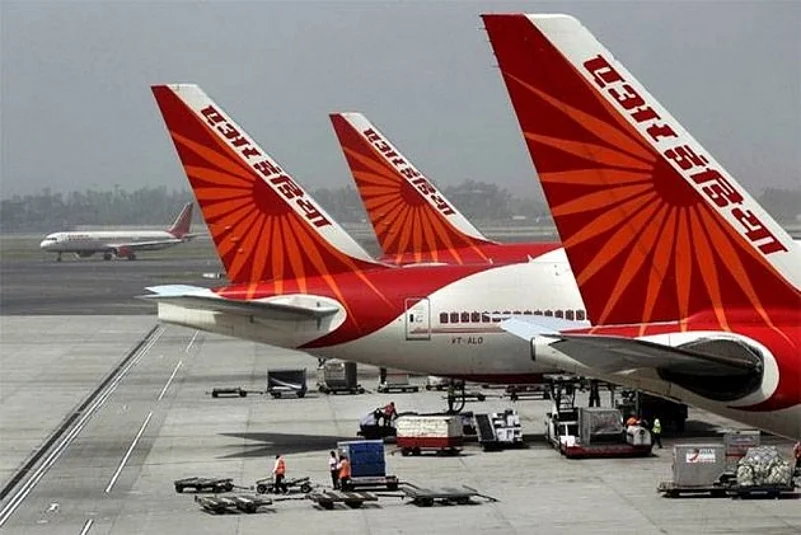Under Air India's disinvestment drive, the government has decided to split the debt-ridden air carrier into four separate companies, Bloomberg reportedon Monday.
The government has also offered to sell at least 51 percent in each of them, out of which 49 percent share will remain open for foreign players in light of recent alteration of the Foreign Direct Investment policies and 2% for Indian investors. Though 49% stake will make the foreign investor a minority stakeholder, a dissuading factor for an airlines with an outstanding debt of Rs 51,890 crore, the 2% holds the scope to me the investor a majority stakeholder indirectly.
MoS Aviation Jayant Sinha, in an interview to the news portal, also clarified that Air India's regional arm, ground handling and engineering operations will also be sold separately in the same process.
The BJP government earlier last year had made it clear its stand to privatise Air Indiaand its supplementary companies. Union Aviation Minister Ashok Gajapathi Raju had said that the government did not want Air India to become defunct like Kingfisher Airlines and wanted it to serve the nation.
As part of a turnaround plan approved by the previous united progressive alliance (UPA) dispensation, Air India was to receive a bailout package of up to Rs30,231 crore for a period of 10 years, starting in 2012.
Surviving on taxpayers' money, Air India has been in the red for long. Ther government's premier policy advisory body NITI Aayog too had suggested that providing financial support to it was "unviable"and not in the government's interest.
The government had in the last week only altered the existing FDI rule, allowing upto 49 percent stakes to foreign investors in Air India.
"The government will add most of the non-core debt owed by the carrier to its own balance sheet, while borrowings linked to core operations will be retained by the unit on offer," the report added Sinha as saying.


























